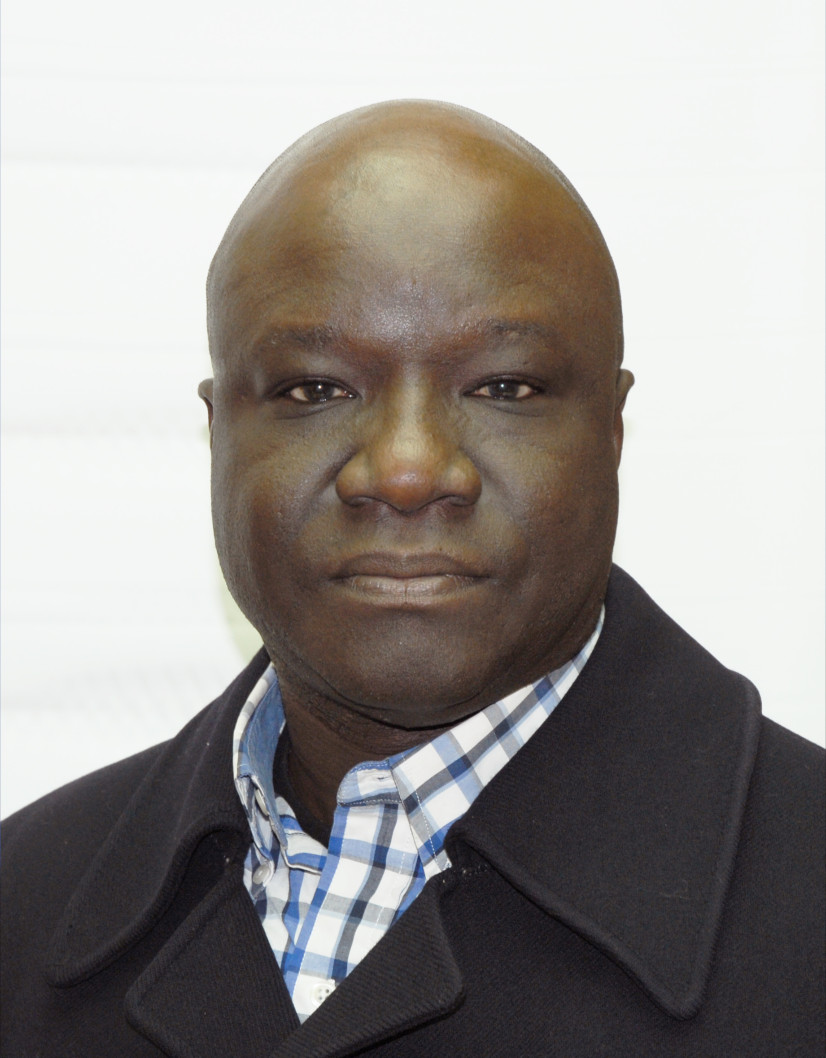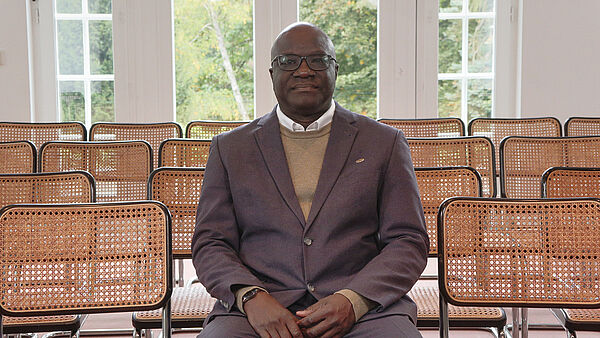
Omar Gueye, PhD
Professor of History
Université Cheikh Anta Diop de Dakar
Born in 1965 in Rufisque, Senegal
MA in History from the Université Cheikh Anta Diop, MBA in Cultural Heritage Management from the Université Internationale francophone Léopold Sédar Senghor, PhD in Contemporary History from the Université Cheikh Anta Diop, PhD in Social History from the University of Amsterdam
Project
Women of 1968: Africans in the Global Context
The research project “Women of 1968: Africans in the Global Context” draws on the microhistory of African women to explore the global context of women’s struggles, reconsidering African women’s untold itineraries from the global social movement of May 1968. It focuses on the legacy of the 1960s and the efficiency of the May 1968 revolution for African women who accommodated and/or raised the paradigms of the Global South to meet global standards.First, the project revisits the less known role of “the invisible women” in the global youth revolt of 1968 and seeks to elucidate how Africans were confronted with their specific feminine issues while connected to their colleagues in other parts of the world. Second, it seeks to show how, in the African version of the revolt, women reconciled local conservative traditions in their countries with their openness to modernity and revolutionary injunctions, and how they equally accommodated male veteran discourses in their own struggles. Third, it examines how, in the wake of the ideals of 1968, the itinerary of African women accounts for women’s struggles against centuries-old societal burdens and how they reacted to the challenges of globalization.
In sum, the research project will significantly enhance women’s studies in general, and more specifically the study of women in social movements, the 1968 event, and African political activism.
Recommended Reading
Gueye, Omar. Sénégal: Histoire du mouvement syndical. La marche vers le Code du Travail. Paris: Editions L’Harmattan, 2011.
–. Mai 1968 au Sénégal, Senghor face aux étudiants et au mouvement syndical. Paris: Karthala, 2017.
–. “African History and Global History: Revisiting Paradigms.” In Global History, Globally: Research and Practice around the World, edited by Sven Beckert and Dominic Sachsenmaier, 83–107. London: Bloomsbury, 2018.
Colloquium, 10.12.2024
The Women of 1968. African Women and the Global Context
Following the example of their counterparts in Paris, Prague, Frankfurt, Tokyo, Chicago and other cities around the world, in May 1968 students at the University of Dakar – the “18th French University” in Africa – sparked a politico-social crisis in Senegal. This movement of students and workers was a moment of questioning and affirmation for women, who were reexamining age-old practices and traditions and demanding equal rights across the board. While this emancipatory impulse has followed an upward curve on other continents, it remains problematic in Africa due to the suspicion of and resistance to ideas and practices “coming from elsewhere.”
This African rereading of May 1968 is concerned with the “invisible” women whose participation is rarely mentioned in a narrative of events that is largely unfavorable to women. It is part of a dual perspective. On the one hand, it places Africa on the map of the global social movement better known in its European, American and Asian versions; on the other, it analyzes the odyssey of those African women of 1968 – precursors of advanced school education and the promise of a technocratic future – in connection with women on other continents who likewise wanted to “change the world.” This micro-history of women takes into account the quasi-universal similarities in the battle for women’s rights as well as the specificities of African women torn between their traditions, modernity, revolutionary injunctions and the paradigms induced by the demands of those in 1968 and post-1968.
Publications from the Fellow Library
Gueye, Omar (London, 2028)
African history and global history : revisiting paradigms
Gueye, Omar (London, 2018)
May '68 in Afric : Dakar in the worldwide social movement
Gueye, Omar (Paris, 2017)
Mai 1968 au Sénégal : Senghor face aux étudiants et au mouvement syndical
Gueye, Omar (Paris, 2011)
Sénégal: histoire du mouvement syndical : la marche vers le code du travail
